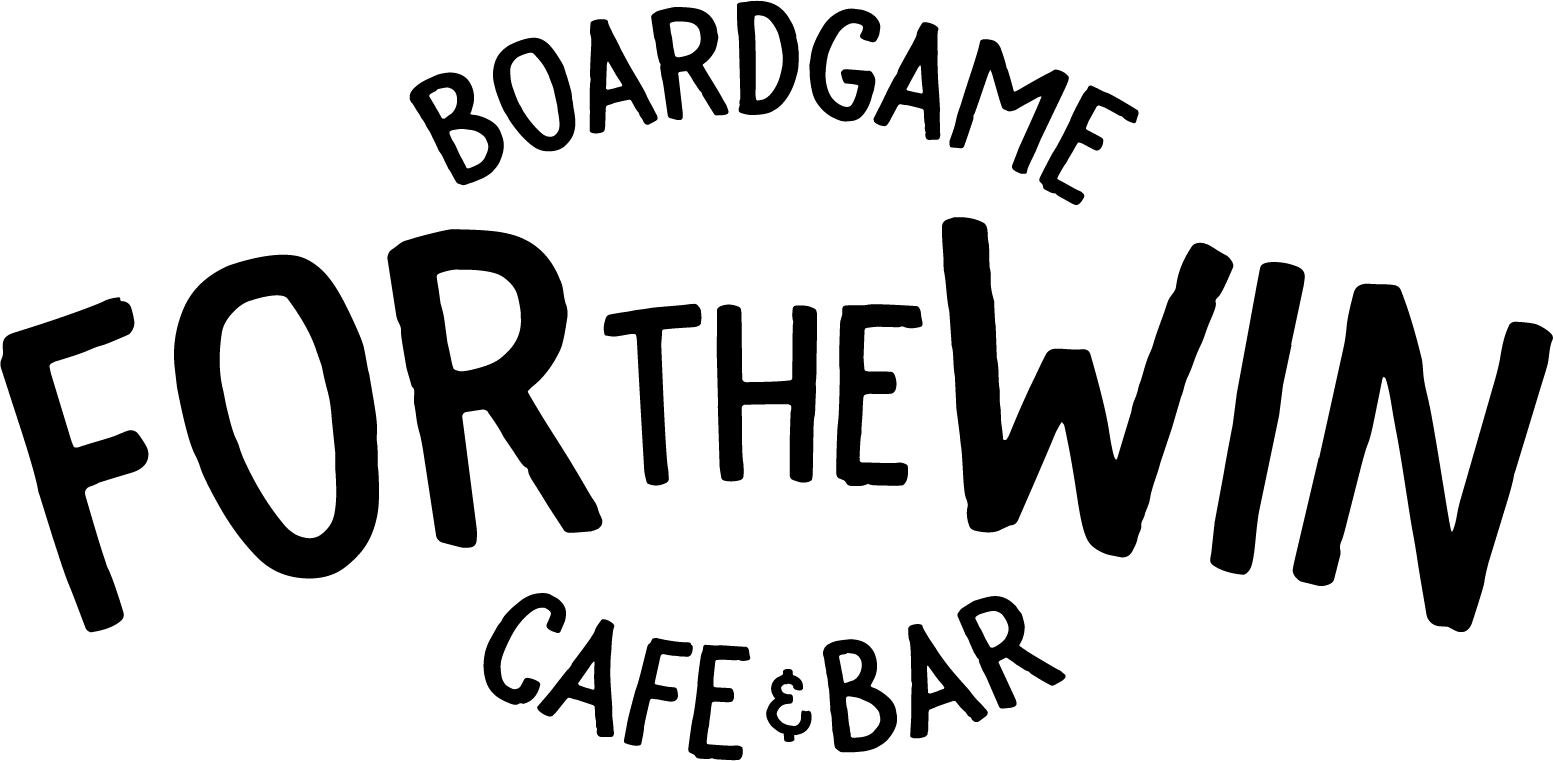FTW Staff Picks - Dragonfire
Dungeons & Dragons is a household name at this point. Its universe is as vast and expansive as any other fictional world you'll find in any form of media. And with the Stranger Things phenomenon it has brought a bit of mainstream spotlight back onto the D&D name. With Pathfinder's successful transition from pen & paper RPG to card game, there was clearly a market and demand for a Dungeons & Dragons game. They had previously done a few area-control board games, but this time around they teamed up with Mike Elliott (designer of Shadowrun: Crossfire) to hopefully build a profitable IP.
In Dragonfire, players work together to complete Adventures as they build their characters of different races and classes. Dragonfire is a deck-building game, meaning that each Player starts with a Basic deck of cards and they build the strength of their decks as they play. Each Adventure has its own set of rules and conditions that players must meet in order to claim victory. During these Adventures, players will have to endure and defeat various Monster encounters. Along the way the Dragonfire Deck will add different challenges for each round, and will get progressively harder as the game goes on. If players manage to complete the Adventure, they will be rewarded with XP and Magic Items that they can use to build their characters for future Adventures.
Now, while Dragonfire is mechanically a deck-builder it should be mentioned that it is not the driving source of the gameplay. In fact, over the course of the game you may only end up buying 5 to 6 cards; potentially less. Typically, a deck-builder will have players constantly gaining new cards and cycling out weaker ones. But here they have chosen to direct focus on a more puzzle-based system. Defeating the various Encounters will require careful planning and optimal gameplay. When players purchase cards from the Market, they are put directly into their hands instead of the discard pile. Combine this with the Assist feature which lets players use cards on other player's turns, and you have the ability to carefully craft a battle-plan.
There is a lot going on in Dragonfire. It gives players an elaborate riddle to solve. Anything sub-optimal will likely spell doom for the party. Our biggest beef with the game came from the seemingly too random and punishing Dragonfire deck which could potentially turn a quick-and-easy round into an elongated and tiresome scuffle. The RPG elements of the game feel like a bit of a waste considering the grind required to get anything worthwhile. But as a standalone experience stripped from any progression elements, it's a very intriguing game. I think there's a lot of room to grow and it excites us for the future of the game. And given the support it has already seen early on, it looks like they're going to double-down on Dragonfire.



